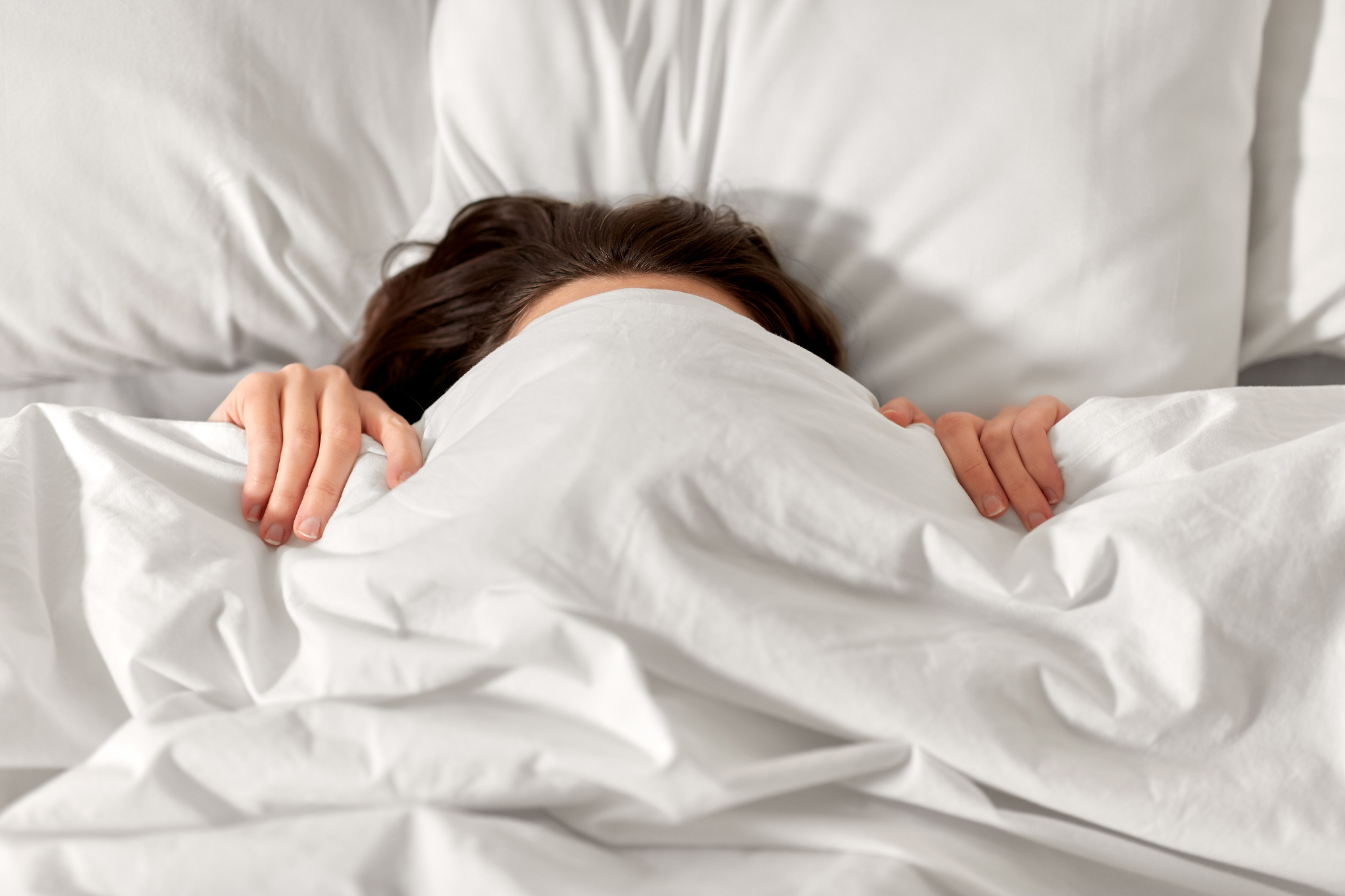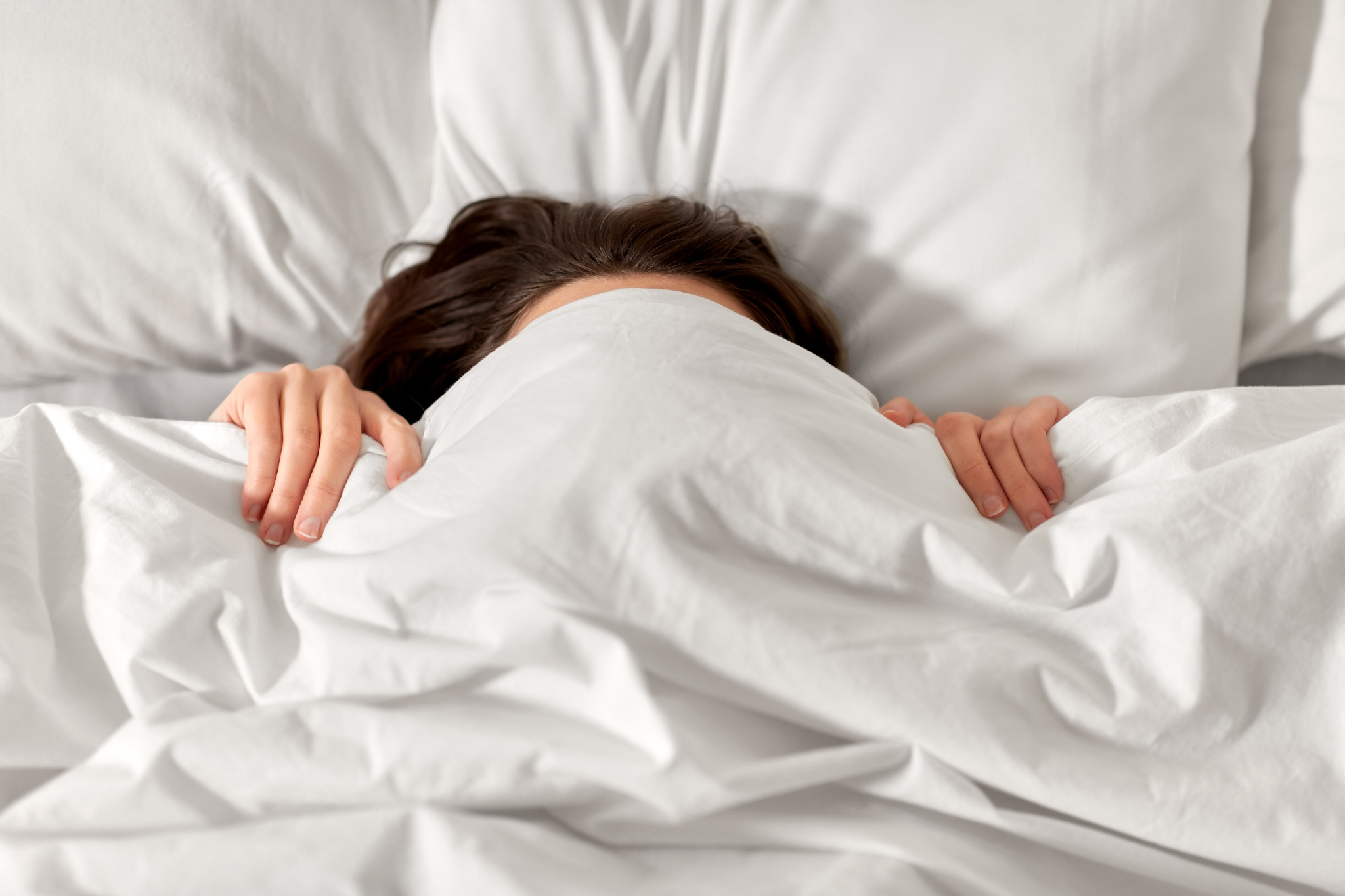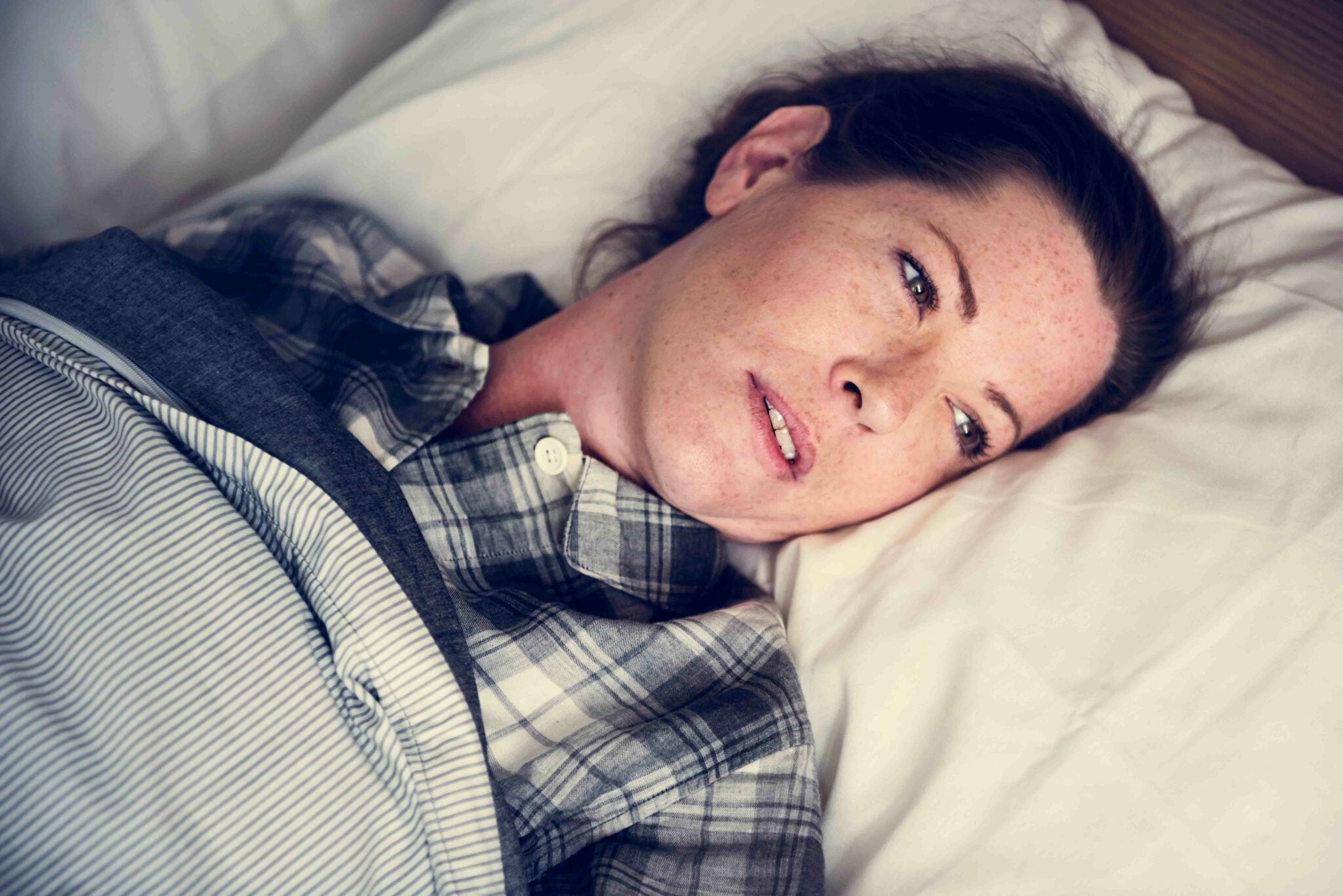Imagine treating a solid night’s sleep with the same non-negotiability as your morning cup of coffee. Essential, right? Yet, for millions of women across the UK, achieving just that seems like a distant dream.
An eye-opening statistic reveals that 19.5 million women battle with poor sleep each night. It's not just about tossing and turning occasionally - it's an ongoing struggle. Exhaustion. Burnout. Heightened anxiety. Sounds familiar?
The true cost of sleepless nights
Each sleep-deprived night seems to make the next day harder than the last. It's a vicious cycle that slowly takes over, diminishing your energy, fogging your mental clarity and compromising your overall health.
A recent study from Levitex points out a startling fact: 8 in 10 women struggle with broken sleep, and half report a fatigue so deep that no amount of resting seems to cure it.

Poor sleep isn’t exclusive to women, but the data shows they suffer the most. They’re more likely than men to experience sleep disruptions, and the consequences are higher stress, anxiety and brain fog that makes it harder to function. Many feel drained, unmotivated or unable to concentrate.

The vicious cycle of sleep debt
Thinking of catching up on sleep over the weekend? It might not be as simple as you think. Research suggests it could take more than four days to recover from a single lost hour of sleep!
For many women, true recovery remains a dream. The cycle is relentless: wake up tired, drag yourself through the day, go to bed and repeat.
It’s no surprise that two-thirds of women (compared to just over half of men) say their lack of sleep negatively affects their lives. Their biggest concerns?
-
Worrying about their sleep quality
-
Feeling like exhaustion is draining their quality of life
-
Anxiety over not getting enough rest
How biology complicates women's sleep
Beyond busy schedules and endless to-do lists, women's sleep is also influenced by their physiology. Factors like menopause, pregnancy or even differing body shapes make good sleep harder to achieve. Hormonal fluctuations, frequent bathroom trips and the discomforts of pregnancy are just a few of the challenges women face.
And let's talk about body shape: women generally have a wider hip-to-waist ratio compared to men. This difference might seem trivial, but it's critical when it comes to sleep because it can affect spinal alignment. Sleeping in the wrong position can exacerbate this misalignment, leading to discomfort and further disrupting sleep.
Our clinical lead suggests a simple fix: the Dreamer position. Lying on your side with knees bent and a pillow between your knees, extending down to your ankles helps keep the spine aligned, reduces pressure points and makes it easier to stay comfortable through the night.

The mental health toll of poor sleep
Poor sleep doesn't just steal your energy - it eats into your emotional reserves too. Dr. Claire Bullen-Foster, a Consultant Clinical Psychologist and CEO of Eleos Group, sees first-hand how chronic sleep deprivation can intensify emotions and stress levels, particularly in women who often carry the emotional weight of both work and home life.
“ Women often perform emotional support roles for others across personal, social and occupational environments, which can add additional pressure to a busy modern lifestyle. If women aren’t themselves being properly looked after and are unable to rest and recover, this will contribute further to their emotional and mental load.” - Dr. Claire Bullen-Foster
Bridging the sleep gap
It's become normal for many women to endure constant exhaustion, but recognising this as an unacceptable 'normal' is the first step toward change.
Fortunately, enhancing sleep quality doesn't require an overhaul of your entire life. Small adjustments, such as optimising sleep posture, setting boundaries around rest, and addressing underlying health issues, can make a substantial difference.
Achieving better sleep is a reachable goal. For the millions of women running on empty, it’s time to prioritise rest and reclaim the energy that fuels your life.






The Kama Sleeptra: are these positions the secret to a happy marriage?